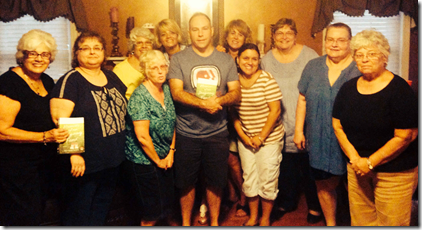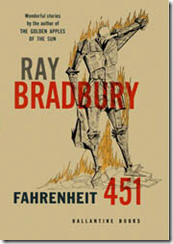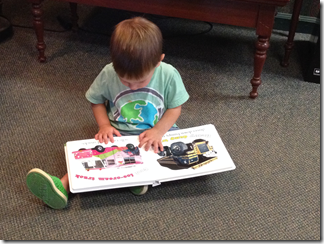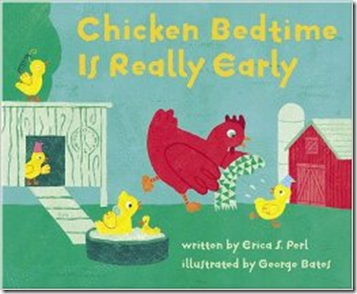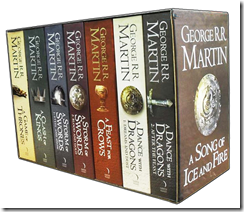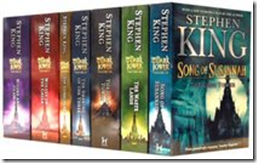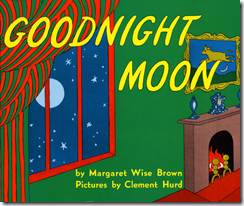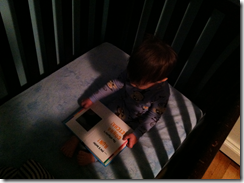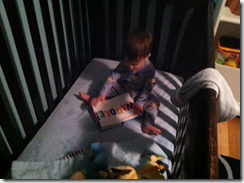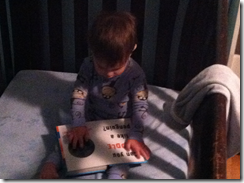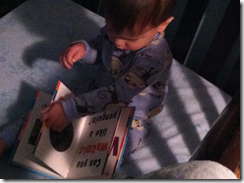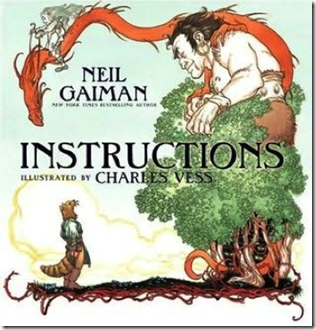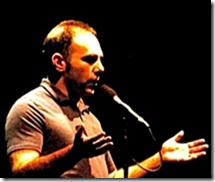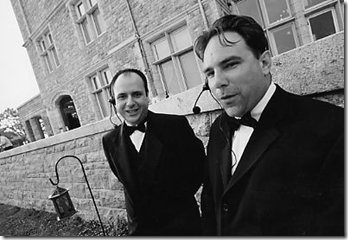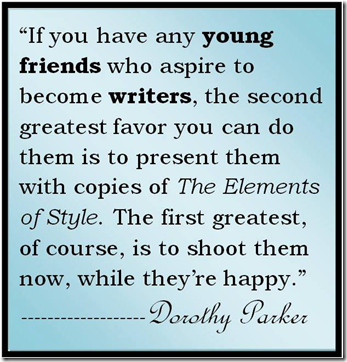PowerPoint presentations, game shows, skinny dipping, and now The Oscars: Quirks of the many book clubs I have attended
/Last week I attended the meeting of Sheltering Trees, a book club in Wallingford, Connecticut. The members of the group (more than a dozen ladies ranging in ages from their twenties to their seventies) were kind enough to read Memoirs of an Imaginary Friend, so I joined them for their discussion.
As expected, it was great fun. Book club events always are.
After having attended the meetings of more than 100 book clubs over the past five years, I’ve discovered that every book club has its own traditions, rules, quirks, and eccentricities.
I’ve attended a book club meeting that opened with a game show created by the host, played by the other members, and was based upon the book they read.
I watched a book club choose their next book via professional presentations that included PowerPoint presentations, heated discussions, and carefully chosen clips from New York Times reviews.
I attended a book club meeting where two of the women disappeared in the midst of the meeting, only to be later found skinny dipping in the pond.
The latter was my own book club.
I could probably write a book about my adventures attending book club meetings. I probably should.
The book club that I met with last week ends their meeting by rating the book on a 1-10 scale, and these scores are averaged, giving the book a final score. These women take this rating process very seriously. In addition to assigning a number, each person also gives a reason for their determination. Members not present who finished the book can email in their rating and rationale. One of their members was in Korea but still took the time to email a score and a paragraph explaining her thinking.
As the author, it was both fascinating and a little terrifying to listen to these women, who pull no punches, rate my book. I offered to leave to allow them to be honest, but they insisted I stay. “Don’t worry,” one woman said. “we won’t be careful of your feelings.” Two of my ladies in the group assigned my book a perfect ten, which causes the rest to burst into spontaneous, uproarious applause.
These women take their perfect scores very seriously.
I also had my share of eights and nines from the group, and my book ultimately received an average score of a nine, which I was told is very good.
At the end of the year, the book club meets for an award’s night of sorts. The members vote on the books read during the year in categories like best and worst book, best passage from a book, best and worst male and female character, best discussion, best cover, and more. They run this awards gala like the Oscars. Members vote, and presumably one member (unless they also enlist the services of Price Waterhouse) collects the votes and places the winner’s names in Oscar-like envelopes for the dramatic reveal.
No book is read for that December meeting. It’s simply a review of the previous year’s books.
The women were kind enough to invite me and Elysha to their awards celebration, and if the date is open, I’m going. This book club is comprised of an interesting cast of characters (they always are), and I suspect that the evening will be highly entertaining.
Maybe it will be the final straw that pushes me over the edge and makes me want to write that book.
